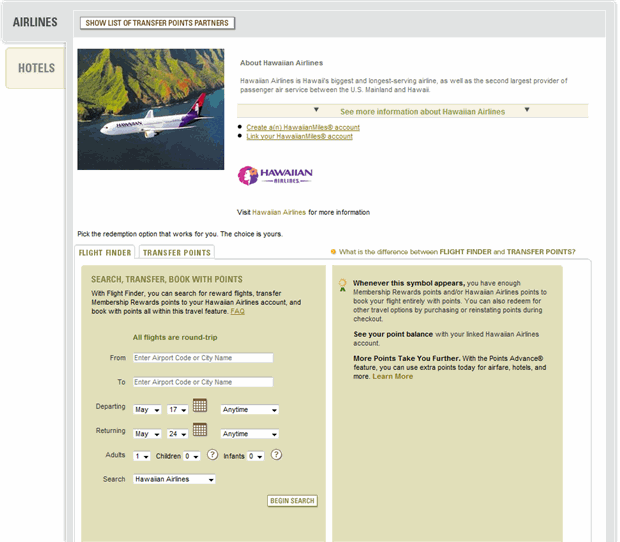Medical Summary Review
Today, we follow up on our series of PHR reviews by reviewing Medical Summary, another PHR provider.
Medical Summary is probably perhaps the most no frills provider and cost effective one in this space.
How It Works? – This is how the service works. Firstly, you purchase a year-long subscription or you can activate your account with a prepaid code. You then set up your user name and password, list your e-mail and MedicalSummary will assign you a unique Emergency Access Code Number with the activation date. After that, you have to enter your medical information (on your own)
These Information include medications, allergies, and medical history (include such things as asthma, heart disease, seizures or any problem a medical team should know.) You can add more details any time you want.
You also have to list your emergency contacts so your family or friends can be reached when you need help.
Before everything is done, you will be asked to double-check your information, which is kept safe with a 256-bit encryption, and you can then print your MedSum Card™ (which can fit your wallet and will enable doctors to retrieve your information from it)..
You can update your information as often as you want and any questions will be answered via email or phone.
How Much Does It Cost – Medical Summary has one of the most cost effective plan in the industry. An individual annual membership cost $30 and a family plan for two costs $55. Additional members will increase the fee by $10. Medical Summary also offers a one-time payment that is good for a lifetime membership. Individual lifetime membership costs only $75 and a family lifetime membership costs $135.
Verdict – Among all the PHR services, Medical Summary is perhaps the most cost effective. The problem that I have with this service is that you have to fill in the information yourself. The problem with filling in the information yourself is that Doctors consider them “patient medical diaries” than actual “medical records”. But if you are looking for a cheap option, then this service is the one to consider.
 The Hawaiian Airlines credit card is for folks who fly a lot with Hawaiian Airlines. He or she is most likely to fly to and from Hawaii a lot.
The Hawaiian Airlines credit card is for folks who fly a lot with Hawaiian Airlines. He or she is most likely to fly to and from Hawaii a lot.






